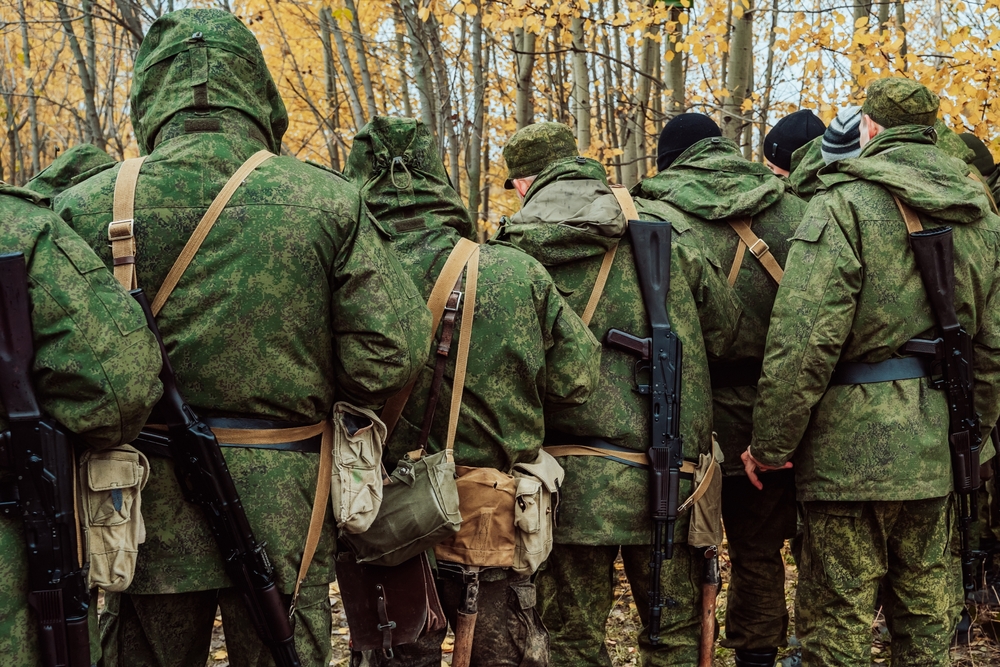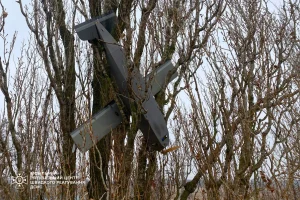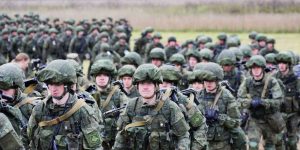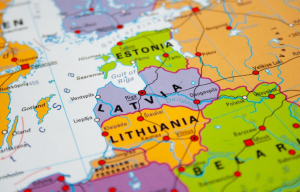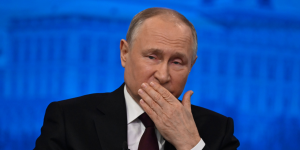Commanders are caught between fulfilling orders and protecting their troops.
Others are reading now
The southern front in Ukraine has turned into a pressure cooker for Russian forces.
Soldiers face relentless Ukrainian resistance, but now, the turmoil comes from within.
Reports suggest that Russian commanders are hesitant to lead their troops into a risky offensive on the Dnipro River in the Kherson region.
The situation exposes cracks in Moscow’s strategy as frustration grows on both sides of the conflict, according to Ziare.
Also read
Outright Refusing to Deploy
According to the Ukrainian partisan group ATEȘ, Russian leadership has mobilized 2,000 assault troops and nearly 300 high-speed boats for a planned crossing of the river.
However, many high-ranking officers believe the operation is doomed to failure. ATEȘ claims that some commanders are outright refusing to deploy their soldiers, citing insurmountable risks.
The hesitation reflects a broader morale crisis among Russian troops. Reports from ATEȘ describe soldiers sabotaging their own equipment in Crimea, particularly destroying boats, to avoid being sent into the offensive.
Furthermore, incidents of suicide among Russian forces in Kherson have reportedly risen significantly, amplifying the atmosphere of despair.
Despite these internal challenges, Russia continues to bombard Kherson city and nearby towns with heavy artillery.
The strikes are likely meant to support their assault units attempting to capture the critical Antonivskyi Bridge, a key link over the Dnipro. However, Ukraine’s defenses remain resilient, and the Russian advance has made little progress.
The unfolding conflict in Kherson illustrates not just the external resistance Russia faces but also its internal divisions.
Commanders are caught between fulfilling orders and protecting their troops from a mission many believe cannot succeed.
As the crisis deepens, the once-cohesive image of Russia’s military strategy is starting to fracture.

